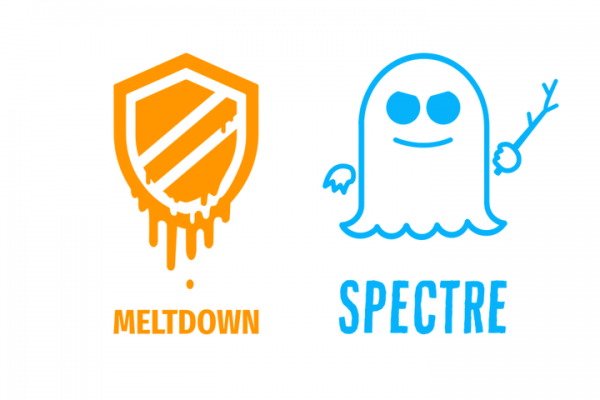Intel is experiencing an overwhelming amount of legal action over the Meltdown and Spectre flaws, as the company reveals that the count is currently at 32 lawsuits. The blue team is also under fire from the inside, as three shareholders have each filed shareholder derivative cases claiming a lack of action on Intel’s part.
“As of February 15, 2018, 30 customer class action lawsuits and two securities class action lawsuits have been filed,” Intel announced in an SEC filing today.
The two security lawsuits “allege that Intel and certain officers violated securities laws by making statements about Intel’s products and internal controls that were revealed to be false or misleading by the disclosure of the security vulnerabilities.” The customer class action lawsuits, however, pertain to how customers feel having spent money and is “seeking monetary damages and equitable relief.”
Some of Intel’s shareholders have claimed that the company has failed “to take action in relation to alleged insider trading,” most likely to be in relation to CEO Brian Krzanich’s coincidental stock sales. Krzanich sold the maximum amount of shares he could, while retaining the minimum 250,000 required to remain CEO, just before the spotlight was shined on Meltdown and Spectre. While Krzanich states that the issues had nothing to do with his selling of shares due to plans being in place prior to the reveal of Meltdown and Spectre, emails exchanges having cropped up to reveal that the information might have been available prior to the sale.
Intel has tried to make amends with software fixes despite the flaw being baked into the processors, but the updates have issues of their own. Some have been causing automatic reboots on some systems, prompting Microsoft to step in and update Windows to fix the chipmaker’s buggy solution.
Skylake processors are now getting regular firmware updates, whereas Intel is still testing fixes for Broadwell, Haswell and other generations of processors. In the meantime, Intel is employing the help of the public by offering a bug bounty program, expanding its reach and hopefully dulling the sting sooner rather than later.
KitGuru Says: The lawsuits will be no surprise to anyone, considering Intel’s disastrous designs, buggy fixes and lack of communications surrounding the issue until other companies stepped into the fray. It’s doubtful that this is the last we’ve heard of it, either as the number of cases is expected to grow throughout the year. Hopefully, Intel will learn from these mistakes, benefitting customers moving forward.
 KitGuru KitGuru.net – Tech News | Hardware News | Hardware Reviews | IOS | Mobile | Gaming | Graphics Cards
KitGuru KitGuru.net – Tech News | Hardware News | Hardware Reviews | IOS | Mobile | Gaming | Graphics Cards



